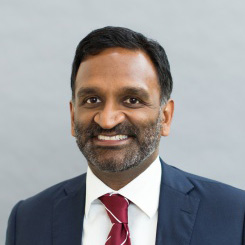Last week, Acton’s Rome office, Istituto Acton, held a conference entitled “The Religious Dimension of Human Freedom” at the Pontifical University of the Holy Cross.
(See this Zenit piece for a brief, if unexciting, summary of the event.)
In addition to the news angle concerning China, I’d like to say that all three speakers agreed on one point – the rivalry between Church and State on the claims of primary human attachments.
This should come as no surprise to students of ancient political philosophy, especially that of Plato and Aristotle. Today we tend to denigrate the notion of politics to anything that concerns public images and “spin”. But the ancients understood politics to mean the life of the city that encompasses virtually every aspect of human life, including religion and economics. The gods of the ancient city often served civic purposes so as to reduce any tension between divine and civic mandates.
How is Christianity different? No doubt, God deserves our utmost devotion, but since Christ did not found a political regime, how are Christians to understand their civic obligations? What happens when the divine and the civic clash? Do a Christian’s political obligations depend on the nature of the political regime (i.e., democratic, aristocratic, or monarchic, and whether it serves the common good or is tyrannical)? Is there a “best regime” according to Christian thought, or are all forms of political life radically incomplete? How does the Christian notion of “love thy neighbor” and even one’s enemies affect political life?
These were just some of the questions raised in my mind by the conference speakers, especially when considering the contrast between the liberal West and communist China. Cardinal Julián Herranz seemed to be as wary of a deeply secularized liberalism as any outright persecution of the Church, while Prof. Raphaela Schmid and Fr. Bernardo Cervellera had different perceptions of the situation of Christians in China.
This was just one event of the Centesimus Annus series, all of which have featured the highest level of speakers and topics. If you need yet another reason to visit Rome in the spring, attend the May 2 conference.

